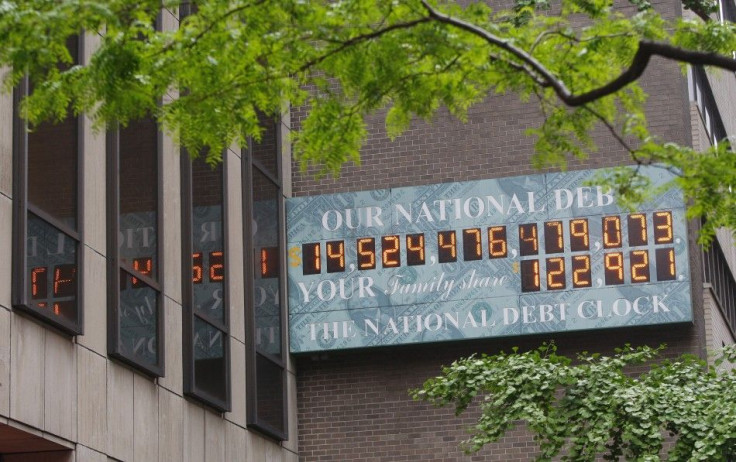U.S. Budget Deficit Falls for 4th Straight Month - Can ?Super C? Maintain Momentum?
Analysis

There was good news and not so good news on the U.S. budget deficit front Wednesday - the good news: the U.S. Government reported a lower-than-expected $129.4 billion deficit for July, the U.S. Treasury Department announced Wednesday.
It was the fourth, consecutive monthly decline in the deficit compared to a year ago. Economists surveyed by Bloomberg News had expected the federal government to run a $133 billion deficit in July.
What's more, the July 2011 deficit is $35.6 billion lower than the $165 billion deficit total recorded a year ago, in July 2010.
The bad news? The deficit for July 2011 is just $7 billion less than July 2010 after excluding one-time factors that skewed the July 2010 total higher.
Has the Deficit Started to Downtrend?
Equally significant, the year-to-date deficit -- 10 months of the fiscal year -- now totals about $1.1 trillion, or about a six percent decline from the 10-month period in fiscal 2010. The Congressional Budget Office (CBO) expects the current year's deficit, fiscal 2011, to total $1.48 trillion.
CBO also sees the deficit declining to $1.1 trillion in 2012 and $704 billion in 2013.
In July, the federal government collected about $159 billion in revenue, known as receipts, and spent about $288.4 billion, known as outlays.
Fiscal/Economic Analysis: The lower July budget deficit is an encouraging data point, but no one should be deluded: Congress, and in specific the new "super committee," needs to keep its eye on the ball. The nation has little chance for substantive, enduring deficit reduction if the two parties do not work together.
As the above suggests, what's needed now is for a super committee that believes program sacrifices should be equal, and that also wants to address the revenue side of the ledger -- either through tax reform, or via an increase in marginal tax rates.
© Copyright IBTimes 2024. All rights reserved.





















